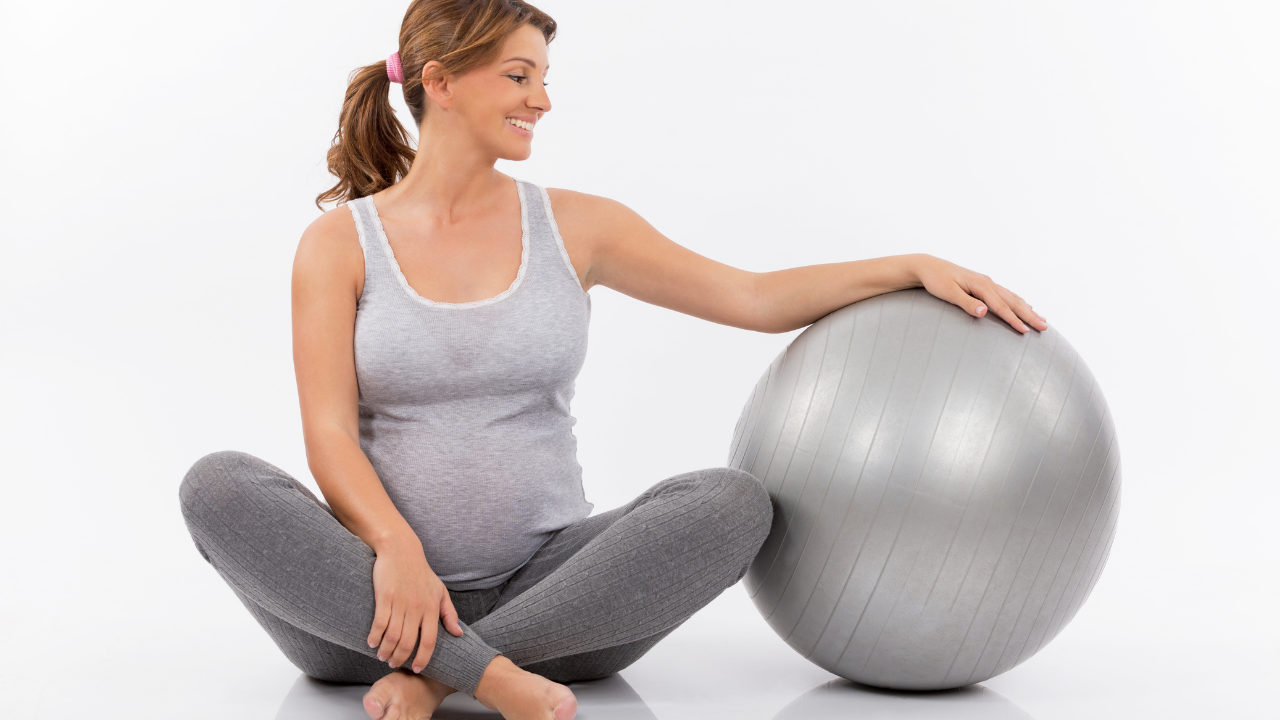Everything you MUST know before exercising pregnant
Jan 25, 2021
PREGNANCY GUIDELINES
During a normal and healthy pregnancy, Pilates is a safe form of exercise for the body, mind and spirit!
Pilates is best experiences with an instructor, but this is not always possible, so if group classes are the only option, it is important to find a class where the instructor can change, modify exercises accordingly depending on the stage of pregnancy. In general Pilates classes, many exercises are no longer appropriate (e.g lying prone/on belly, abdominal curls)
PREGNANCY AND EXERCISE
Precautions when exercising and signs to stop
Review the general precautions when exercising, if any of the following warning signs are observed – stop exercising immediately!
- Dizziness
- Feeling faint
- Nausea
- Racing heat beat
- Overheating
- Shortness of breath
- Uterine contractions
- Bleeding or leaking fluids
- Headache
- Muscle weakness
- Pre-term labour
Absolute contraindications to exercise when pregnant
- Pregnancy induced hypertension
- Blood pressure > 140/90mm Hg - Diagnosed heart disease
- Premature rupture of membranes
- Leaking amniotic fluid
- Placental abruption
- History of pre-term labour
- History of recurrent miscarriages
- Foetal distress
- Persistent vaginal bleeding
- Incompetent cervix
- Intrauterine growth retardation
- Thrombosis
- Acute infection
- Multiple gestation with risk of premature labour
- Preeclampsia or toxaemia
- No prenatal care
Also any other chronic medical conditions need to be taken into consideration and checked with a medical practitioner to see whether it is appropriate.
PRENATAL PILATES EXERCISE GUIDELINES
- Gain medical clearance to exercise
- Drink lots of water
- Eat at least 1-1.5 hours before exercising
- Shift positions frequently
- Get into and out of exercises slowly
- Keep the Pilates movements controlled
- Pay attention to your body and the baby
- Gradually increase your exercise program if you have previously been sedentary
- If you feel a bad or sharp pain in anyway when exercising – stop immediately
- Pace yourself
- Do not exercise in hot conditions
- Do not allow your body to be taken beyond its normal physiologic range
- Avoid ballistic bounces
- Reduce exercise intensity by 25%
- Keep the pelvic floor muscles activated
- Do not over stretch
- Empty the baller before exercise
- Do not exceed a maximum heart rate of 160bpm
- Exercise regularly, approximately 3 times per week
Note: it is recommended to increase your caloric intake by 300kcal per day to cope with foetal growth.
Guidelines for each trimester
- First trimester (week 1-12)
In the first trimester, it is still early stages but remember the body has already started to change internally. In general encouraging it is encouraged to not overdo it when exercising. It is best to avoid strenuous exercise. If you suffer from morning sickness, fatigue etc it is important your energy levels are up before exercising. Eat well before exercising.
- Second trimester (week 13-26)
In the seconds trimester the body is now beginning to change shape. Stop performing exercises lying supine for more than 5 minutes at all times because there is possibility of obstructing the reach of oxygen supply to baby. Do not lie on your stomach to perform exercises or with the pelvis above the height of the head for prolonged periods. Supine abdominal curls, extreme stretches, ballistic and unstable balance exercises are not recommended. If posterior pelvis pain is felt, avoid extremes of hip and spinal movement and asymmetrical loading to the pelvis e.g single leg work. Be aware your center of gravity of the body is changing and that you may suffer from back and neck tension.
- Third trimester (week 27 – delivery)
This is where there is further weight gain and therefore more load on the back, legs, pelvis and vascular system. There may be more fluid retention in the ankles and there is increased load on the bladder, perineum and pelvic floor. You may feel breathless at times and experience cramp and heart burn. It is important to have the same exercise guideline for the second trimester but be aware the body will get in and out of exercises much slower. Rest when you need too!
THE IMPORTANCE OF THE PELVIC FLOOR MUSCLES
The Pelvic Floor Muscles
The pelvic floor muscles are divided into superficial and deep muscles and provide inferior support to the contents of the pelvis as well as being in control of urinal and faecal excretions. They are integral to helping to increase intra-abdominal pressure and have a role in sexual arousal and performance.
Training the Pelvic Floor Muscles
It is necessary to train the pelvic floor from early stages of pregnancy to be ready for childbirth.
Ways to train the pelvic floor muscles:
- Quick strong holds and repetitions of pelvic floor contractions assist in the re-education of the fast-twitch muscle fibres. During pregnancy, women may experience stress incontinence, where when they sneeze of cough they urinate. Women must learn strategies to contract their pelvic floor muscles in situations like these.
- Women also need to be taught the roll of the slow-twitch muscles of the pelvic floor and their supportive role. Learn to draw up pelvic floor muscles and hold for 6-10 seconds and then relax. As time progresses, increase the length of these contractions and the number to improve endurance of these muscles.
Exercise should start at and achievable level then progress gradually







